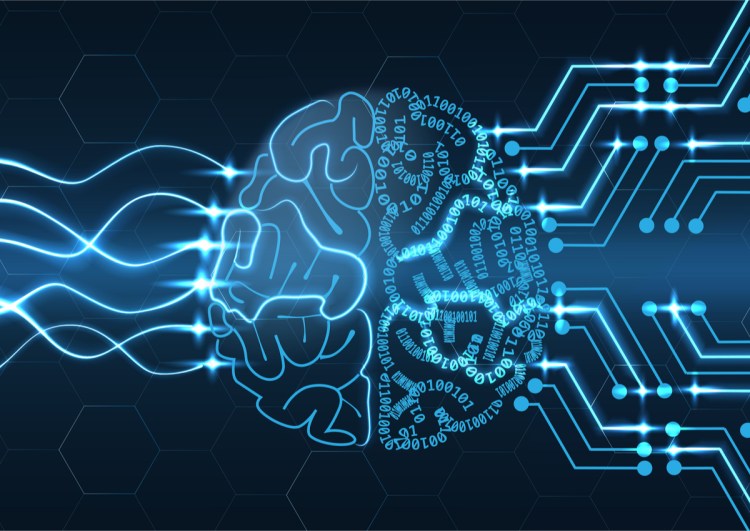Watch all the Transform 2020 sessions on-demand here.
Microsoft announced today that its Visual Studio integrated development environment is getting a new set of tools aimed at easing the process of building AI systems.
Visual Studio Tools for AI is a package that’s designed to provide developers with built-in support for creating applications with a wide variety of machine learning frameworks, like Caffe2, TensorFlow, CNTK, and MXNet.
Once users have coded up models inside Visual Studio, the AI tools make it easier for them to send that code off to Microsoft’s Azure cloud platform for training and deployment. Visual Studio Tools for AI integrates with Azure Batch AI for training and with Azure Machine Learning for deploying a model into production.
Launching these tools brings a host of advanced capabilities to developers in a point-and-click format that would have previously required the use of a command line interface. It should make building AI systems more accessible for a class of developers that haven’t been able to use Visual Studio’s rich development environment to its full potential for that purpose.
June 5th: The AI Audit in NYC
Join us next week in NYC to engage with top executive leaders, delving into strategies for auditing AI models to ensure fairness, optimal performance, and ethical compliance across diverse organizations. Secure your attendance for this exclusive invite-only event.
The news comes as part of a broader set of AI-focused features Microsoft launched for developers at its Connect conference in New York today. The company also opened the beta version of Azure IoT Edge, which is designed to help bring cloud capabilities — like the execution of AI models — to embedded devices.
It’s an important service for situations in which hardware doesn’t have a consistent network connection but could still use the intelligent capabilities that AI models and other compute functionality can provide.
In addition, Azure SQL Database, Microsoft’s managed version of its popular SQL Server data platform, gained support for using R models for analyzing information stored by customers. Using that feature is supposed to help customers make predictions more quickly, since the system doing the analysis is also the one storing the data being analyzed.
Microsoft made a number of other announcements around its cloud services and developer tools today, including a raft of additional capabilities meant to help optimize the modern developer workflow and a host of updates to its Cosmos DB managed database service.


